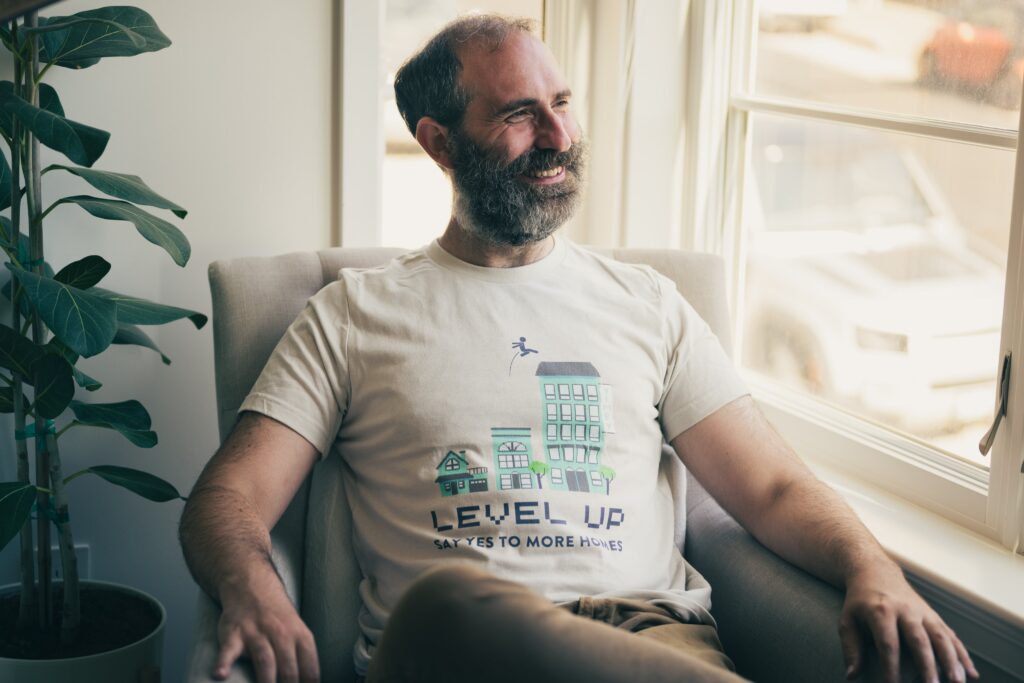Microsoft has hired Sam Altman, the co-founder of OpenAI, to bolster its artificial intelligence innovation efforts following Altman’s removal as CEO in a tumultuous boardroom upheaval at OpenAI. This change at OpenAI also marks the company’s third CEO in as many days.
This shift holds substantial implications for the field of artificial intelligence, which stands as one of the most transformative technologies in recent history.
Joining Altman at Microsoft is Greg Brockman, another co-founder of OpenAI and the company’s primary financial supporter. Brockman resigned as OpenAI’s president after Altman’s dismissal.
At OpenAI, Emmett Shear, former CEO of Amazon’s Twitch streaming service, steps in as interim CEO, replacing Mira Murati, who assumed the interim CEO position after Altman’s departure and will return to her role as the company’s chief technology officer.
Microsoft CEO Satya Nadella expressed enthusiasm about Altman and Brockman leading a new advanced AI research team at Microsoft, considering Microsoft’s substantial $13 billion investment in OpenAI. Microsoft’s stock saw a 2% rise in pre-market trading following this announcement.
Altman’s move to Microsoft concluded a weekend marked by speculation regarding a potential reversal by the OpenAI board to reinstate the influential Silicon Valley entrepreneur and investor.
In a social media post on X, Altman shared a photo from OpenAI’s headquarters, indicating potential discussions about his and Brockman’s return following reports of the board’s reconsideration.

Emmett Shear, in an early Monday post on X, described the opportunity to join OpenAI as a unique one and expressed a sense of duty in accepting the role after being briefed by the board.
However, Shear acknowledged the significant damage to OpenAI’s reputation due to the botched handling of Altman’s dismissal and subsequent uncertainty around his potential return. Shear committed to hiring an independent investigator to report on the events leading to Altman’s firing and pledged “significant” changes within OpenAI in the coming month for stability and success.
He emphasized the need to collaborate with Altman, Brockman, and other former OpenAI employees transitioning to Microsoft, underscoring the strategic partnership between the two companies.
Regarding Altman’s dismissal, Shear clarified that it was unrelated to concerns about safety or opposing efforts to generate revenue but did not delve into specifics, attributing it to a different reason undisclosed by the board.
Amidst these transitions, Altman expressed continued commitment to their mission, echoing Nadella’s sentiments about setting a new pace for innovation.
The circumstances behind Altman’s dismissal remain unclear, with OpenAI citing insufficient transparency as a reason, while Brockman hinted at tensions between Altman and the research division.
Altman had advocated for more aggressive AI development and commercialization, a contrast to the cautious approach favored by some board members. His initiatives included discussions for a significant investment from SoftBank and widespread accessibility of OpenAI’s tools.
Microsoft, a crucial partner of OpenAI, was reportedly uninformed about Altman’s firing until just before its public announcement, with employees given no prior notice.